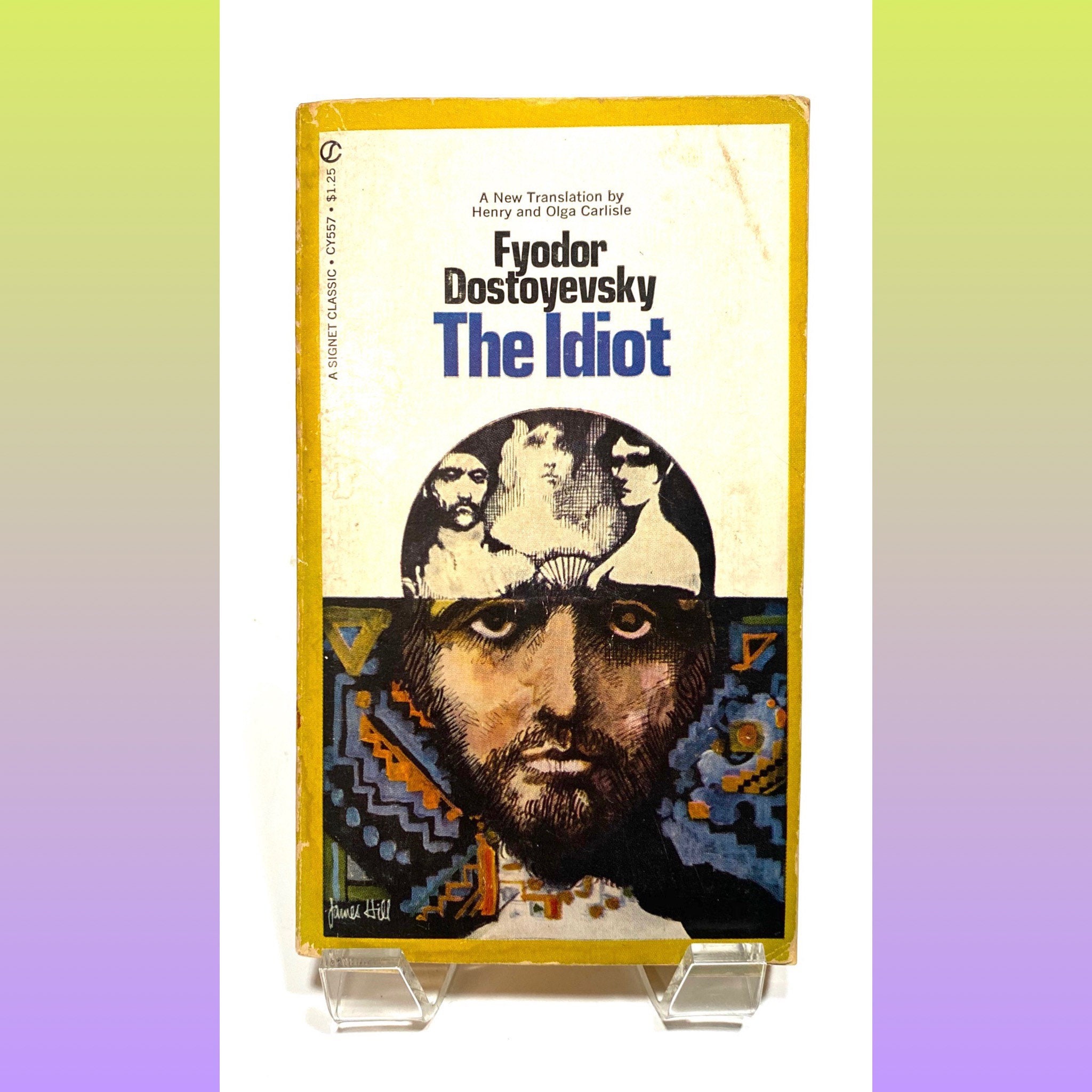

Dostoevsky makes Prince Myshkin a character whose voice is capable of "actively and confidently interfering in the interior dialogue of the other person." He is thus significant not merely to the plot, but to the very consciousness of the individual characters. As such every scene is a dramatic convergence of multiple independent voices and perspectives rather than simply being a monological recounting of the event by a narrator. Significance of the character to the novel Īs a polyphonic novel each character in The Idiot has a unique voice and perspective in relation to the action and the other actors.

In fact, he possesses an incisive intellect, deep emotional intelligence, and a wisdom that surpasses all the other characters in the novel.
.jpg)
Petersburg, his purity and guilelessness lead many to the false conclusion that he is an "idiot". At age 26, having recovered his health, and in possession of a legal document suggesting entitlement to a significant inheritance, he returns to Russia. According to Joseph Frank, the character of Prince Myshkin approaches "the extremest incarnation of the Christian ideal of love that humanity can reach in its present form, but he is torn apart by the conflict between the contradictory imperatives of his apocalyptic aspirations and his earthly limitations." Īt the beginning of The Idiot, Prince Myshkin has been in Switzerland for the last four years, at a sanatorium for treatment of his epilepsy. with an absolutely beautiful nature", someone who is truly 'Christian'. Dostoevsky wanted to create a character that was "entirely positive. knyazʹ Lev Nikoláyevich Mýshkin) is the protagonist of Fyodor Dostoevsky's 1869 novel The Idiot. Fictional character in Fyodor Dostoevsky's The Idiot


 0 kommentar(er)
0 kommentar(er)
